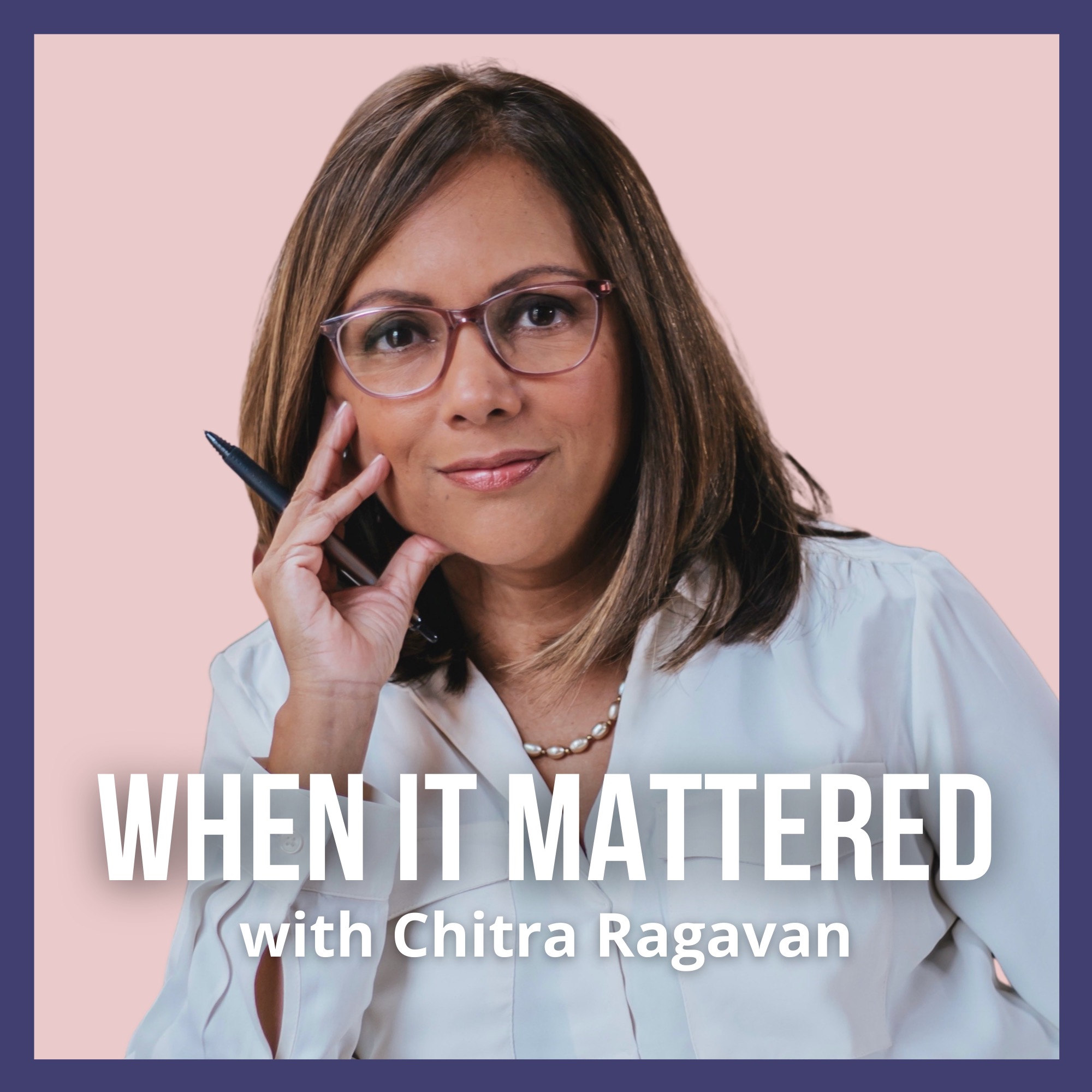Caroline Catlin

Ep. 12 — A brain cancer diagnosis leads a 27-year old mental health worker to use photography to help parents of critically ill children reconcile with death and dying / Caroline Catlin, writer, photographer. Caroline Catlin knew something was really physically wrong with her after she graduated from college in 2015. But despite repeatedly reaching out to multiple doctors about her daily fevers, joint and muscle pain, fatigue, memory loss and cognitive issues, no one believed her. After numerous incorrect diagnoses and only because of her persistence, Catlin finally got an MRI and the bottom fell out of her life. She was told she had Grade 3 Anaplastic Astrocytoma, the same class of cancers as Glioblastomas, which killed Senator Edward Kennedy, Senator John McCain, and Beau Biden, son of presidential candidate and former Vice President, Joseph Biden. Catlin was devastated and had a difficult time wrapping her head around her serious illnesses. Since then, the artist and mental health expert has volunteered to photograph families with critically ill children, including shooting end- of-life photos, in order to help them and herself come to terms with death and dying. Transcript Download the PDF Chitra Ragavan: Hello and welcome to When it Mattered, a podcast on how leaders are forged in critical moments and how they deal with and learn from adversity. This episode is brought to you by Goodstory, an advisory firm helping technology startups find their narrative. My guest today is Caroline Catlin. She's a writer and photographer, and a brain cancer patient and survivor. Caroline's research and work in behavioral health and developmental trauma has inspired her to incorporate art into the process of caregiving and therapy, and reforming the way health, illness and disability are portrayed in the media. Her work has been featured in the New York Times, Boston Globe, Huffington Post, and other media outlets. Caroline, welcome to the podcast. Caroline Catlin: Thank you. I'm so glad to be here. Chitra Ragavan: Tell us a little bit about yourself and when and how you first realized that you had cancer. Caroline Catlin: So I graduated from college in 2015, and by that August, I was very sick. I woke up with fevers every day for two weeks. I had joint pain, and muscle pain, and intense fatigue, and that sort of started the process of trying to figure out what was going on for me. I went to urgent care, I went to local doctors, and everyone dismissed me and said, "We think you have a mild cold." I eventually was diagnosed with acute Lyme disease and pneumonia and began treatment for Lyme disease that we believed had continued and kind of become chronic. And that continued for three years, of trying to figure out what was wrong and treating me with antibiotics and different things, until my cognitive symptoms, so memory loss and word finding issues, became worse. And I asked multiple doctors and finally got one to agree to do an MRI, and that was when they found the tumor. Chitra Ragavan: And how old were you then? Caroline Catlin: I was 27, and I am 27. It was right after my 27th birthday actually, that the first doctor agreed to do an MRI. Chitra Ragavan: And what was the tumor and where was it? Caroline Catlin: So the tumor was in my right parietal lobe. It was about golf ball sized, and it is an anaplastic astrocytoma, a grade three out of four. It's in the same class as glioblastomas, which quite a few people that have been in the news have passed away from, and it is the type of cancer that will likely return as a glioblastoma. Chitra Ragavan: Glioblastoma is the same cancer that killed Senator Edward Kennedy, Senator John McCain, and also Beau Biden, son of former Vice President and now presidential candidate Joseph Biden. Caroline Catlin: Yeah, that's correct. Chitra Ragavan: The right parietal lobe is one of the four major lobes in the human brain,